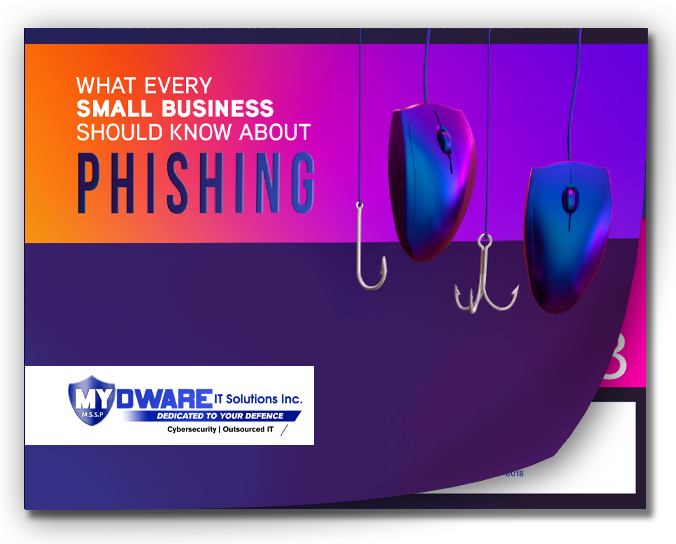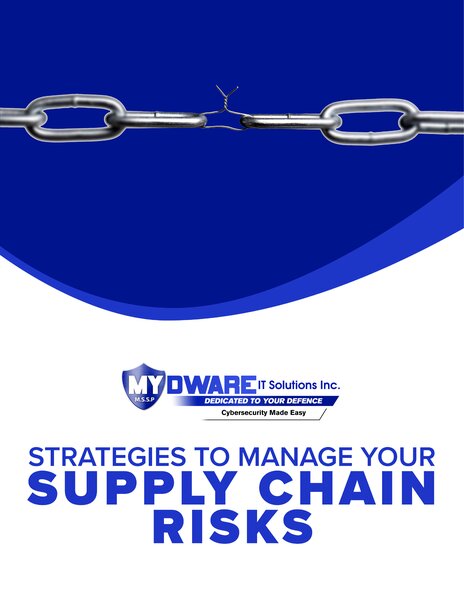 As a business owner, it's crucial to prioritize the security of your supply chain and choose vendors that are committed to implementing best-in-class defense measures. This is because supply chain attacks can exploit weaknesses within your supply chain to infiltrate systems and cause harm to your business and reputation.
As a business owner, it's crucial to prioritize the security of your supply chain and choose vendors that are committed to implementing best-in-class defense measures. This is because supply chain attacks can exploit weaknesses within your supply chain to infiltrate systems and cause harm to your business and reputation.
You must always strive to select vendors having a track record of being consistent with their security efforts. While no system is 100% secure, some vendors demonstrate a superior commitment to excellence in security matters compared to others.
The vetting process must be a non-negotiable when selecting vendors because it helps you identify potential security risks and ensure you collaborate with a vendor committed to protecting your business and your customers. By thoroughly vetting potential vendors, you can avoid partnering with vendors that fail to meet your security needs and expectations.
Primary considerations for the vetting process
There are several key considerations to keep in mind when vetting potential vendors:
Security measures
You need to understand your vendors' security measures before partnering with them. For that, you should have a conversation with them about their security protocols and procedures.
To keep your business safe, you should determine whether the vendor performs regular vulnerability scans, timely system updates and multi-factor authentication. This will help you determine whether the vendor can meet all your security expectations and needs.
Security certifications
Your vendor should be able to show certifications demonstrating compliance with industry security standards. This is significant because these certifications prove that the vendor has been independently assessed and meets security standards.
Data storage
How and where does a vendor store your data? You must understand the storage details of your sensitive data, whether it's stored in the cloud, on-premises, or in another manner.
This is critical because it will help determine whether the vendor will manage your data carefully and safeguard it against potential breaches.
Data management
You must understand what will happen to your data if the partnership ends. Will it be deleted, stored for a while or transferred to another vendor?
Understanding whether third parties will have access to your data is critical. Just as you may outsource some tasks to a third-party vendor, they may outsource some tasks to a fourth-party vendor. It's crucial to understand what they'll be sharing.
Business Continuity and Disaster Recovery (BCDR)
You have the right to know if your vendor has a Business Continuity and Disaster Recovery (BCDR) plan. In the event of a disaster or a crisis, this will ensure that your critical data and systems will be available and recoverable. This will also ensure that your business operations continue smoothly, even during a crisis.
Cyber liability insurance
With increasing cyberattacks and data breaches, you need to know if your vendor has cyber liability insurance. This insurance coverage will protect your business in the event of a worst-case scenario and will help ensure that your vendor can compensate you for any damages caused.
How an IT service provider can help
Choosing the right vendor can be daunting, especially if you are trying to do it independently. It requires thorough research, careful consideration of all relevant factors and a clear understanding of your security needs and expectations. This is where an IT service provider like us can help.
We can assist in minimizing cyber supply chain risks by evaluating and addressing vulnerabilities within your supply chain. We can also help manage vendor relationships and ensure that you collaborate with vendors that meet your security standards.
To guide you through evaluating potential vendors, we have created a checklist titled "Manage Supply Chain Risks With These Strategies." If you want to ensure the security of your business, consider downloading it and reaching out for a consultation.
Darryl Cresswell
CEO & President
MYDWARE IT Solutions Inc.




